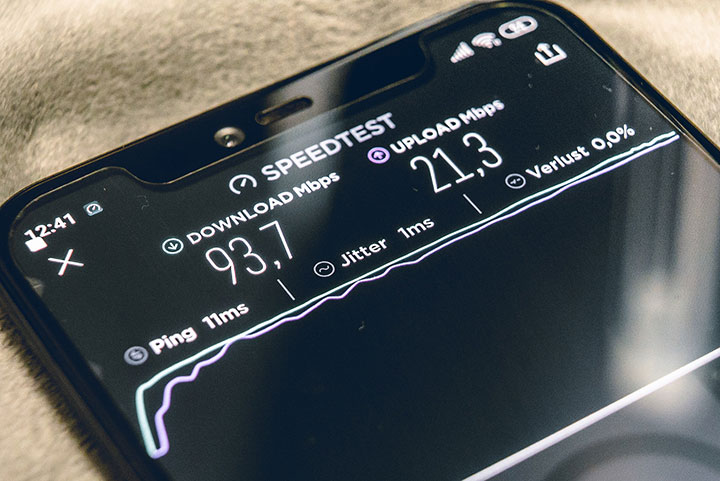As technology develops we are seeing a rise in wireless connectivity. Most cities are now adapting free Wi-Fi hotspots helping both local as well as international visitors stay connected. Our consumption and need to stay connected anywhere, anytime has allowed for us to continue developing this technology. With the promises of 5G technology offering greater speeds, Wi-Fi may not seem like the favourite.
We’re about to look at the differences between these two technologies- exploring speed, reliability and latency.
WI-FI VS ETHERNET
Wi-Fi technology uses radio frequency to send and receive signals across devices. Ethernet connectivity however, uses an Ethernet or LAN (RJ45) cable to transfer your data over a network.
A noticeable difference between Wi-Fi and Ethernet is the lack of a physical connector.
In today’s competitive gaming industry where reaction time is key, latency (LAG) or delays during gameplay could make the difference between victory or loss. This latency (LAG) is more likely in Wi-Fi connections. You may, therefore suffer delays from time to time whilst Ethernet connections are likely to be stable.
SECURITY
Everyone’s security plays a critical factor when it comes to your data and how you’re transmitting it. You’d often see on the news hackers being able to steal people’s data over unsecure Wi-Fi networks. This is because data sent over Wi-Fi is more vulnerable to hacking and data loss. It therefore requires end-to-end encryption. This is usually noticeable when trying to connect to a Wi-Fi hotspot. If it’s secure, you would usually be requested a password (WPA2/WPA3) etc. to join. Its predecessors WAP/WEP are now less secure and therefore WPA2/WPA3 has become better practice. Since an Ethernet connection cannot be hacked as data is transferred physically.

COULD WI-FI EVER REPLACE ETHERNET?
Wi-Fi connectivity is highly sought after for its convenience however it’s still not robust enough or reliable to compete with Ethernet Connections.
SHOULD I USE ETHERNET OR WI-FI?
If you’re at home or work in an office and have access to a router/ network ports available, as far as connectivity is concerned- Ethernet cable offers a couple more advantages. Using Ethernet cable will boost the speed, lower latency and minimize any interference which may be caused by other devices.
FINAL VERDICT: WHICH IS BETER?
To settle the argument of LAN vs Wi-Fi, it’s mainly down to personal preference as well as what you have available at your disposal. If you prefer working cleaner without cables trailing everywhere then the Wi-Fi option is best suited for you. However, if you’re going to be set in one space near the LAN outlet- enjoy the faster speeds, lower latency and an overall more reliable connectivity Ethernet is the way to go.


